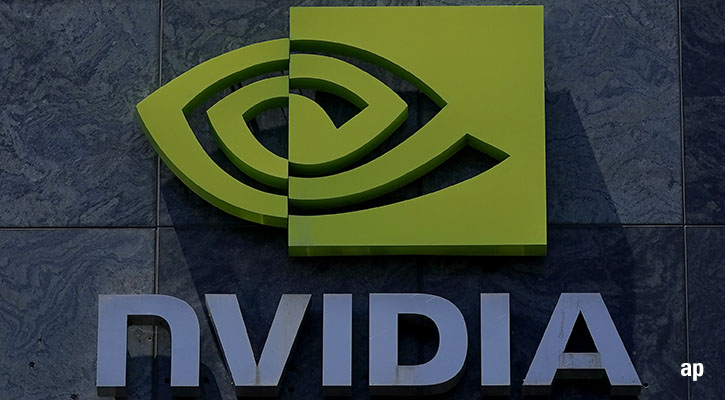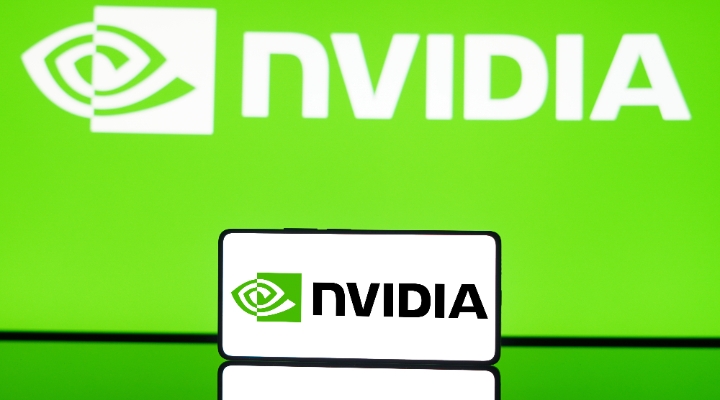
Nvidia (NVDA) is set to release its first-quarter earnings report on May 22. Here’s Morningstar’s take on what to look for in Nvidia’s earnings and its outlook for Nvidia stock.
Key Morningstar Metrics for Nvidia
• Fair Value Estimate: $910.00
• Morningstar Rating: 3 stars
• Morningstar Economic Moat Rating: Wide
• Morningstar Uncertainty Rating: Very High
With its 3-star rating, we believe Nvidia’s stock is fairly valued compared with our long-term fair value estimate of $910 per share, which implies an equity value of roughly $2.2 trillion. Our fair value estimate implies a fiscal 2025 (ending January 2025, or effectively calendar 2024) price/adjusted earnings multiple of 35 times and a fiscal 2026 forward price/adjusted earnings multiple of 26 times.
What to Watch for In Nvidia’s Q1 Earnings
• Nvidia has been steadily beating its quarterly guidance while guiding for the upcoming quarter above FactSet consensus estimates. We anticipate more of the same in its May earnings report.
• Nvidia’s data centre business is still the focal point. Supply constraints still seem like the most significant cap on its artificial intelligence chip business. We continue to be interested in any commentary about whether (or how rapidly) Nvidia’s manufacturing partners are expanding to satisfy demand for its AI graphical processing units.
• The rapidly evolving AI market is crucial to the firm’s long-term valuation, but we still have many questions about these markets. What is the pace of data center capital expenditure in 2024 and beyond? Cloud vendors have indicated that they will continue to spend above their prior expectations to invest in AI. We think that much of this spending will go into Nvidia’s pockets. What does capital expenditure look like beyond the mega-cap cloud vendors? Enterprise spending at software vendors, financial services companies, healthcare firms, and the like also appears material.
• What is the size of the AI accelerator market? Advanced Micro Devices (AMD) stunningly lifted its forecast for the 2027 industry total addressable market to $400 billion from $150 billion. This higher total addressable market includes other types of chips besides GPUs, but it still implies massive GPU growth, and Nvidia still dominates the AI GPU space.
• How is Nvidia thinking about the chip development aspirations of these mega-cap technology customers? How will the firm combat these threats? When will its near-term supply constraints be resolved?
What’s Driving Nvidia’s Stock Price?
For better or worse, both our fair value estimate and Nvidia’s stock price will be driven by the company’s prospects in the data centre, or DC, and AI GPU businesses. DC has already achieved exponential growth, going from $3 billion in fiscal 2020 to $15 billion in fiscal 2023 and then more than tripling to $47.5 billion in fiscal 2024. DC revenue appears to be constrained by supply, and we think Nvidia will continue to steadily boost revenue in each of the four quarters in fiscal 2025 as more supply comes online. Based on Nvidia’s strong forecast start for fiscal 2025, we model DC revenue rising 113% to $101 billion over the year.
We model a 10% compound annual growth rate for the three years thereafter, as we think it is reasonable that the firm may face an inventory correction or a pause in AI demand at some point in the medium term. We model an average annual DC growth of 10% thereafter, and we consider this a reasonable long-term growth rate as AI matures.




























